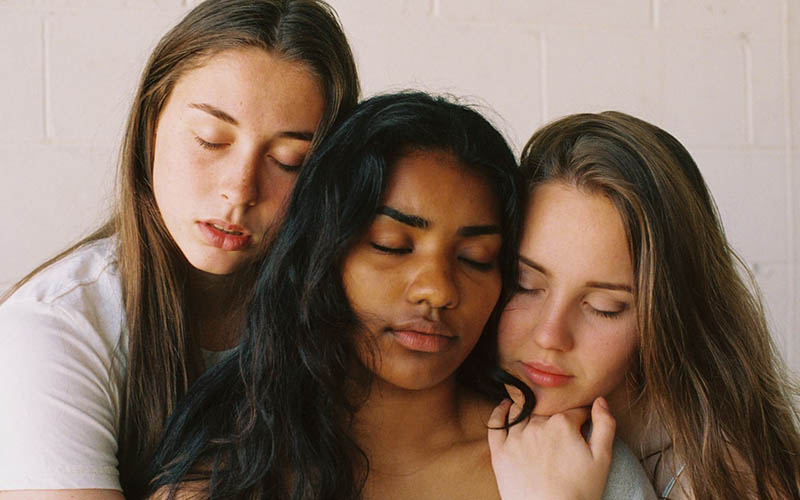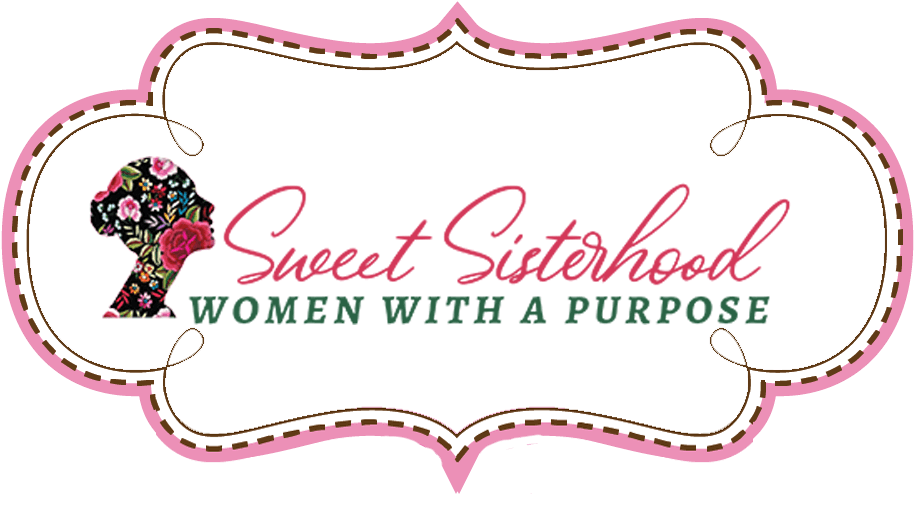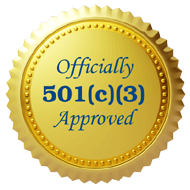
Women’s experiences of Domestic Violence and Abuse
Many women face obstacles in their help-seeking which can make it difficult to ensure a safe end to an abusive relationship. Amongst the women we interviewed, common obstacles were that the women did not recognise that they were experiencing domestic abuse because their partner’s behaviour was portrayed as ‘normal’, and then they just did not know where to turn. An additional obstacle for some women was their inability to access services due to their immigration status.
‘I knew I needed help but I didn’t know how to get it’
Women said that it was difficult to get help because they did not realise for a long time that they were experiencing domestic violence and abuse (see ‘Recognising domestic violence and abuse’). They also did not know who to talk to because, as Sarah said, ‘I think the problem is a lot of people don’t really understand domestic abuse’. Women felt that people they knew would not understand ‘if they haven’t been there themselves’.
Other obstacles included not recognising abuse, blaming themselves, not knowing who to turn to, being socially isolated, no-one stepping in to help and living in fear. Women said they had been conditioned by their partner to believe that everything they did was wrong and the abuse was all their fault. They also described living in fear of making things worse if they talked to anyone and their partner found out, leading to more violence or abuse. Fear was also a major obstacle for women in getting professional help, fear of having anything written on their medical records and fear of other services getting involved, such as social services. Once violence or abuse was revealed in the household, women feared they would lose custody of their children.
Overcoming obstacles
All the women we interviewed had overcome obstacles, sought help and had left their abusive partners. Their accounts showed that they needed to wait for the right time to seek help, when they were ready to face what was happening to them and had safety plans in place. Some women, such as Julia, Tina and Philippa all eventually escaped their abusive relationships without any help or support. Philippa said, ‘I just felt isolated, I just felt I had to do it all on my own’.
Julia said:
‘I didn’t realise that’s what it was at the time… I ended up having to work it all out for myself really, so it took a long time’.
Not recognising domestic violence and abuse
Most women assumed, at least initially, that their relationship was ‘normal’. This was particularly the case if they had grown up with abuse in their household, or if they were young and inexperienced and had no idea what to expect in an adult relationship (see ‘Recognising domestic violence and abuse’). Ella met her first abusive partner at the age of fifteen, and feels that, had she had help to understand abuse at that point, she would not have gone to have two more abusive relationships.


